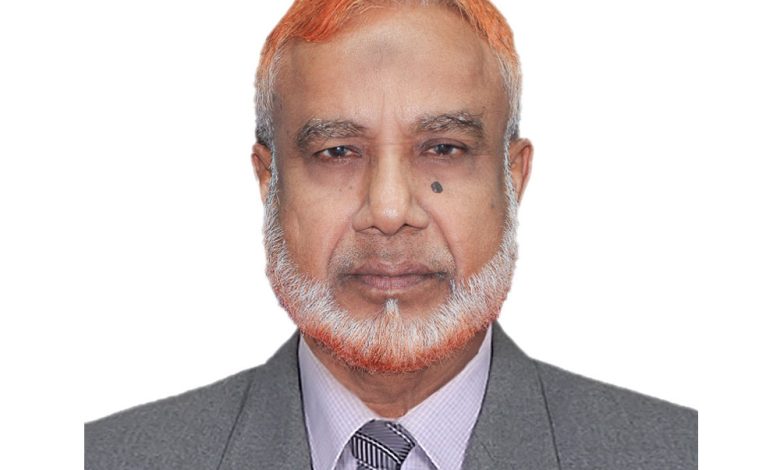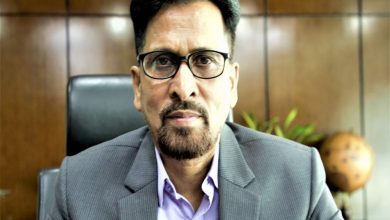Microfinance must grow beyond loans to empower lives: NDP chief


Holiday Post Report: “Microfinance helped a lot of poor families, especially women”But now the sector is under pressure. Rising prices and fewer job opportunities are pushing more people to seek loans. This isn’t just about giving out credit anymore.”However, the sector is currently facing some significant challenges. With rising prices and limited job opportunities, more people are turning to microfinance for support. This growing demand puts pressure on both borrowers and microfinance institutions. In many cases, people are taking loans from multiple sources, which leads to over-indebtedness and difficulty in repayment. Another concern is that while loans are being given, there is often not enough training or support provided to ensure that borrowers can use the money effectively. Microfinance needs to go beyond just providing credit; it must also offer guidance, skills development, and follow-up support to be truly helpful. Political unrest also affects the smooth operation of microfinance activities, making it harder for institutions to reach people and for borrowers to maintain stability in their income said Md. Alauddin Khan, Executive Director of the National Development Program (NDP). in a wide-ranging interview with Holiday Post.
He said people are borrowing from multiple MFIs, and that’s causing over-indebtedness. “Too many loans from different sources—people can’t pay back. We see this often. Without proper support and training, the loans don’t work. That’s why we need more than just money. We need to guide people, give them skills, and follow up.”
When asked about challenges faced by MFIs, Khan didn’t hold back. “Overlapping loans, fund constraints, and a shortage of skilled manpower—that’s our reality. Without skilled people, how do we train borrowers? How do we grow?” He called for better coordination, improved funding access, and long-term investment in capacity building.
He acknowledged that government regulations through the Microcredit Regulatory Authority have brought discipline. “Transparency, accountability—they’ve definitely improved. But too many restrictions, like strict interest rate caps, hurt small MFIs. They lose flexibility, and costs go up. Some political interference doesn’t help either.”
Khan wants smart policy adjustments. “Create a central borrower database. Stop people from taking five loans from five places. Give MFIs some freedom on interest rates, especially in hard-to-reach areas. Offer training and education. And why not reward MFIs that work in climate-hit or ultra-poor zones?”
He believes microfinance can push Bangladesh toward the 2041 SDG targets. “Microfinance cuts poverty, boosts women’s empowerment, and helps small businesses. If we combine it with financial literacy, climate-friendly projects, and digital services, it becomes a game changer.”
He stressed innovation. “Digital tech is the future. Mobile apps, digital payments—that’s how you reach remote people. Also, financial training, skill building, even offering loans for solar panels or flood-resilient farming tools. That’s real impact.”
At NDP, Khan said they practice responsible lending. “We check a borrower’s real need and ability before approving anything. We don’t want to drown people in debt. We train them, guide them. We support eco-friendly ideas. And yes, we measure our work—loan repayments, income gains, education, food security—everything.”
His long-term plan is clear. “Digitize services, expand financial literacy, back climate-resilient projects. Build links with health, education, and safety-net programs. And most of all—lend responsibly. Keep people first.”
His advice to sector leaders? “Invest in your team. Use digital tools. Don’t lend blindly. Train your clients. Partner with others. Track results. Stay flexible. Be people-centered. You can’t do microfinance right without really knowing your borrowers.”
Looking back, he recalled life-changing experiences. “I saw women transform their lives through microloans. I also saw the damage when they took too many loans. I worked in disaster-hit areas where microfinance helped people rebuild. That shaped me. Microfinance has huge potential, but only if it’s handled with care, purpose, and planning.”
He paused, then added firmly, “It’s not just about lending—it’s about changing lives.”





